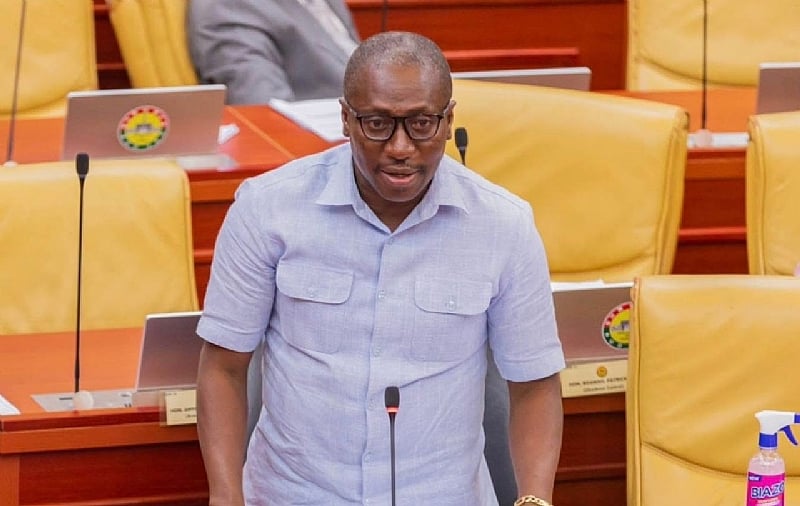The Effutu Municipality in Ghana’s Central Region is grappling with a severe cholera outbreak, prompting Member of Parliament Alexander Afenyo-Markin to issue an urgent appeal for intervention. As of February 11, 2025, the municipality has recorded a staggering 412 cases, including three fatalities, predominantly concentrated in coastal communities. This alarming surge in infections has overwhelmed local health facilities and personnel, stretching their capacity to effectively manage the crisis. Afenyo-Markin, also the Minority Leader in Parliament, has addressed a formal statement to the Minister of Health, underscoring the dire need for immediate financial and logistical support. He emphasizes the critical need for resources to cover operational expenses, such as fuel for transportation, enhanced sanitation initiatives, and procurement of vital medical supplies and treatment kits. Furthermore, he highlights the importance of logistical support for public health education campaigns to raise community awareness and promote preventive measures.
The current cholera outbreak in Effutu represents a significant public health crisis, demanding swift and comprehensive action. The concentration of cases in coastal areas suggests potential environmental factors, such as contaminated water sources or inadequate sanitation infrastructure, contributing to the spread of the disease. Cholera, a waterborne bacterial infection, is typically transmitted through contaminated food and water. Symptoms include severe diarrhea, vomiting, and dehydration, which can rapidly lead to life-threatening complications if left untreated. The outbreak necessitates a multi-pronged approach, encompassing immediate medical intervention, improved sanitation measures, and community education to curb transmission and mitigate the impact on public health.
Afenyo-Markin’s appeal underscores the urgency of the situation and the need for a coordinated response from national health authorities. The requested financial support is crucial for bolstering the capacity of the Effutu Municipal Health Directorate to effectively manage the overwhelming caseload. Funding will enable the procurement of essential medical supplies, including oral rehydration salts, intravenous fluids, and antibiotics, to treat infected individuals and prevent severe complications. Moreover, resources are needed to strengthen sanitation efforts by improving access to safe water sources, promoting proper hygiene practices, and ensuring adequate waste management systems. These interventions are paramount to containing the outbreak and preventing further transmission.
Public health education plays a vital role in raising community awareness about cholera prevention and control. Informative campaigns can educate residents about the importance of safe water practices, such as boiling or treating water before consumption, proper handwashing techniques, and safe food handling. Furthermore, community engagement initiatives can empower individuals to identify early symptoms of cholera and seek prompt medical attention, thus reducing the risk of severe illness and fatalities. Addressing misconceptions and promoting evidence-based information are essential components of effective public health education.
The cholera outbreak in Effutu is unfortunately not an isolated incident. Ghana has been battling a broader cholera outbreak since September 30, 2024, affecting four southern regions: Greater Accra, Central, Western, and Eastern. This wider epidemic highlights underlying systemic challenges related to water sanitation and hygiene infrastructure, necessitating a comprehensive national strategy to address these vulnerabilities. Strengthening public health surveillance systems, enhancing laboratory capacity for rapid diagnosis, and investing in sustainable water and sanitation solutions are crucial long-term measures to prevent future outbreaks and protect public health.
The current crisis in Effutu serves as a stark reminder of the importance of investing in robust public health infrastructure and preparedness. Timely and effective interventions, driven by scientific evidence and community engagement, are essential to containing outbreaks, mitigating their impact, and safeguarding the well-being of communities. A collaborative effort involving national and local government agencies, healthcare professionals, community leaders, and international partners is crucial to address the multifaceted challenges posed by cholera and other infectious diseases, ultimately building a more resilient and healthier future for all Ghanaians. The Minister of Health’s response to Afenyo-Markin’s appeal will be critical in determining the immediate course of action and the long-term implications for managing cholera in the affected regions.


